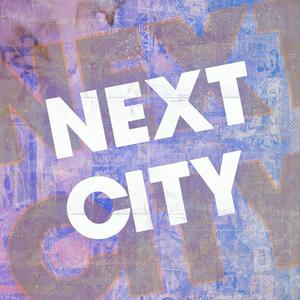New models of collective power are emerging in neighborhoods where residents have always found ways to support one another, even as economic systems excluded and extracted.
In this sponsored episode with the Center for Cultural Innovation and its AmbitioUS initiative, which commissioned a report by the Urban Institute, local leaders share models from Atlanta and New Orleans that bring financial freedom and self-determination to artists and their communities.
“This work is to provide proof of concept that new worlds are possible, that new economic systems are possible, and that they already exist,” said Christopher Audain, Program Officer at AmbitioUS.
In an example from Atlanta, The Guild founder Nikishka Iyengar describes a hybrid land-trust and community-stewardship model that’s keeping housing and commercial space affordable while allowing residents to invest collectively.
“This is not a stepping stone to become an extractive investor,” said Iyengar. “This is a stepping stone to reorient our relationship to land, to each other, to finance, to all of that.”
Meanwhile, Cooperation New Orleans organizers Toya Ex and Tamah Yisrael are part of a network of worker cooperatives formalizing long-standing traditions of mutual aid into a solidarity economy.
“There is a large idea that the capitalist economy is the only way, and time after time history has proven to us that it is not,” said Yisrael, who helped establish Cooperation New Orleans’ loan fund to support small businesses.
“People often do a lot of different things to make a way, even when the capitalist system don’t allow us to make a way,” says Ex, who is also the founder of Project Hustle.
The report on community ownership and self-determination strategies also includes lessons on democratic investment from Boston Ujima Project and on land stewardship from the Sogorea Te’ Land Trust in Lisjan Territory, showing why shared values and ownership are powerful counters to a disempowering economic system.


